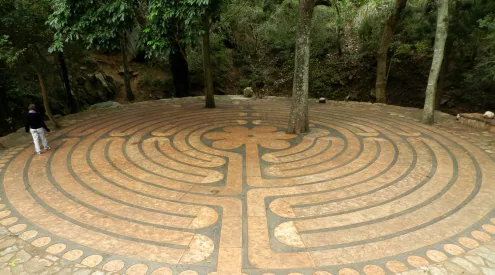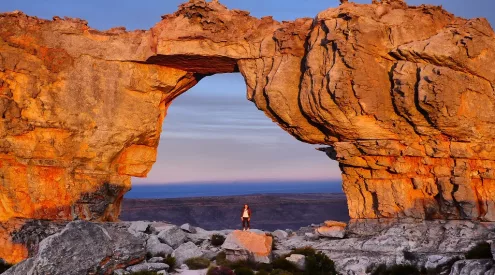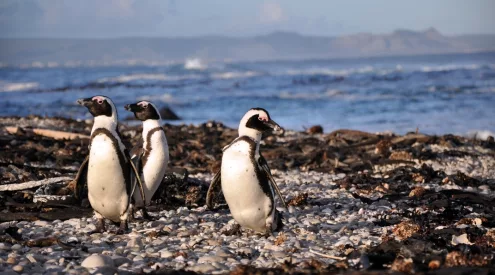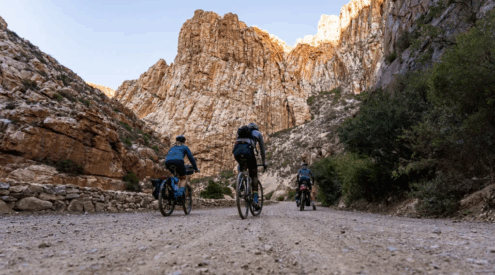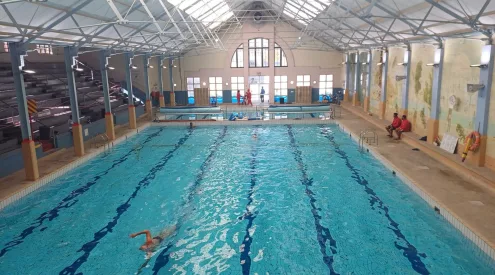A total of 451 rhinos were poached in South Africa in 2021, pointing to a 23% decrease in poaching when compared to the pre-covid period in 2019. There has, however, been an increase in poaching in private reserves, which is a growing concern.

According to a SANParks statement, 327 rhinos were poached from government reserves, and 124 were on private property.
In 2021, 209 rhinos were poached for their horns in just one SANParks reserve, the Kruger National Park, which is a decrease compared to the 247 poached from national parks in 2020.
The steady decline in poaching in Kruger is down to the increased intensity of anti-poaching in the park. It is important to note that none of the smaller SANParks experienced rhino losses due to poaching in 2021.
One of the unfortunate consequences of this success is that poaching syndicates are looking to areas for easy prey, resulting in the targeting of private reserves in Limpopo and Mpumalanga.
‘Over the last year, conservation and anti-poaching efforts have intensified countrywide as a joint effort is made by state-owned conservation areas, government and private landowners to reduce the poaching of rhino in South Africa,’ SANParks stated in reference to utilising platform technology to combat poaching.
‘More targeted deployment of resources is being assisted by the rollout of a CSIR-developed situational awareness platform known as CMORE into the integrated wildlife zones. Through this single technology platform, all role players are able to collaborate, making use of real-time insights and analytical capability, linking, for example, camera traps and ranger patrols while integrating a range of other systems.’
‘Information collected and communication flows through the Environmental Enforcement Fusion Centre (EEFC) which continues to support the teams at both a tactical level and a strategic level. Our analysis capabilities have also improved, resulting in the increased identification of those involved in rhino poaching and trafficking and improved and expanded investigations by multi-disciplinary teams.’
SANParks provincial nature reserves and private rhino owners are dehorning these mammals to deter poachers, while SANParks is investigating additional actions such as anti-poaching initiatives focused on apprehending poachers.
In 2021, 189 arrests were made in connection with poaching activities, 77 within the Kruger National Park, and 109 outside. 38 verdicts have been handed down in court, and 37 resulted in the conviction of 61 accused rhino poachers.
The anti-poaching efforts are starting to bear some fruit with Luthando Dziba, managing executive for Conservation Services at SANParks, commenting that the Kruger Park is not too far away from having a stable rhino population.
‘We have seen declines in the number of rhinos poached, and we will continue to see that, especially considering some of our investments and efforts,’ Dziba said. ‘The day that I think we will be completely happy is when we start to see the population stabilising… and even growing’.
Picture: Getaway Gallery
ALSO READ
Let’s talk rhino conservation: what is notching and why is it important?


